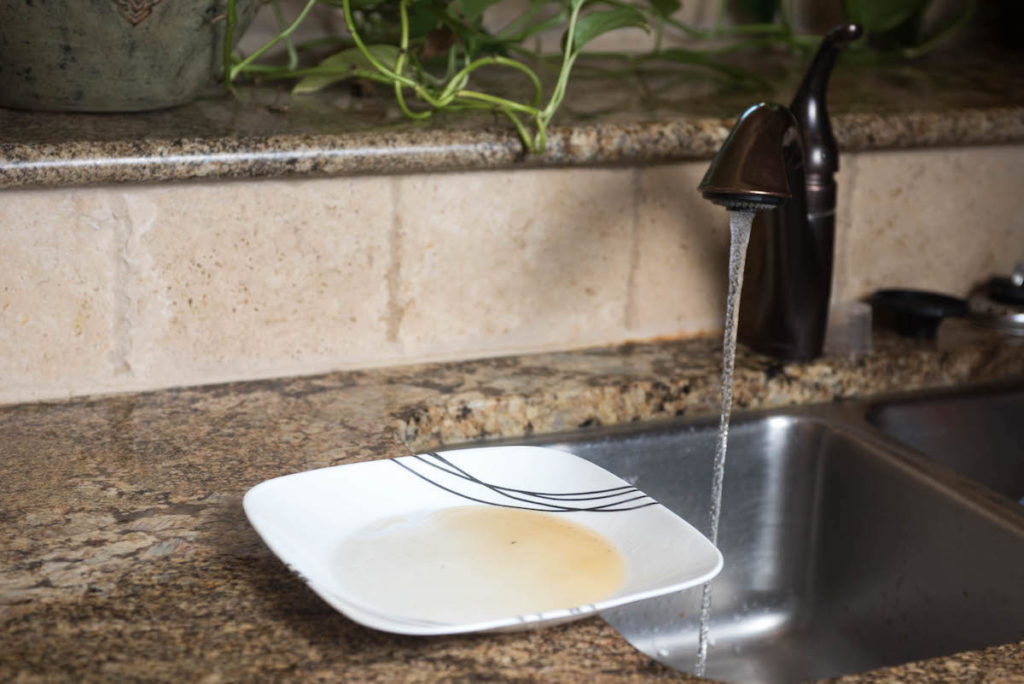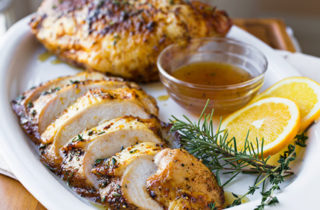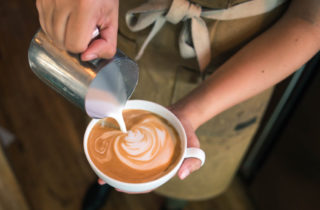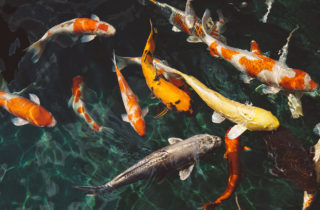Take a moment and picture your Thanksgiving table. What do you see? Turkey, of course,…
Unknown offenders
It’s a Saturday afternoon and you’ve got chores to do: you make breakfast for the family (bacon and eggs…yum!), walk the dog, then wash your car and give it an oil change. You may not realize it, but if you weren’t careful, you may have just committed several water quality no-nos.
Things that don’t seem to be a big deal can actually do serious damage to our water system. We’re all in this together—everyone has a part in ensuring our water is protected. Here are a few water quality offenses that may be damaging our water supply:
Pouring grease down the drain
Grease, fat and oil will clog sewer lines (the same way bad cholesterol can clog heart arteries), causing sewage back-ups and flooding. When the sewer main clogs, unsightly, smelly, and unhealthy sewer spills are a result. Instead, pour grease into a container and throw in the garbage.
Washing your car too much
You don’t want all that dirt and grime on your car, but do you want it in your water supply? Water that runs off your car and into the water supply can contain pollutants like soap, residue from exhaust fumes, and gasoline. Consider visiting a commercial car wash instead—not only do they use 60% less water on average than when you DIY, but many local ones use recycled water.
Neglecting pet poop
There are a lot of reasons why you should always pick up after your pet, but did you know the bacteria can get into our water supply? Run-off from rainfall collects a lot of stuff as it makes it way to storm drains or into bodies of water, and if you left your pet’s poop out, it’ll take that with it, too.
Disposing of automotive fluids improperly
The Environmental Protection Agency estimates that more than 200 million gallons of used motor oil ends up in the trash, in water, and poured on the ground. After you finish changing your oil in your car, NEVER pour it in the trash, down the drain, or onto the ground—it can contain toxic metals that affect our water supply. Instead, recycle it at an approved collection center.
Over-fertilizing your yard
We all want a beautiful yard, but that doesn’t mean you should overdo it with the fertilizer. When you put more than is needed for your grass and plants, it sits on top and the chemicals inside get washed away during the next rainfall or time you water. Always follow the instructions for how much to use. A lush yard isn’t worth contaminating the city!
Only the best quality for San Antonio
It’s important to take these water quality tips to heart and use them. We all love this wonderful city, so let’s treat it how it deserves. We’ll do our part, too. With 7,000 water tests performed each year on San Antonio water, SAWS maintains the safety and quality of our drinking water so that the San Antonio area never has to worry about their drinking water.





